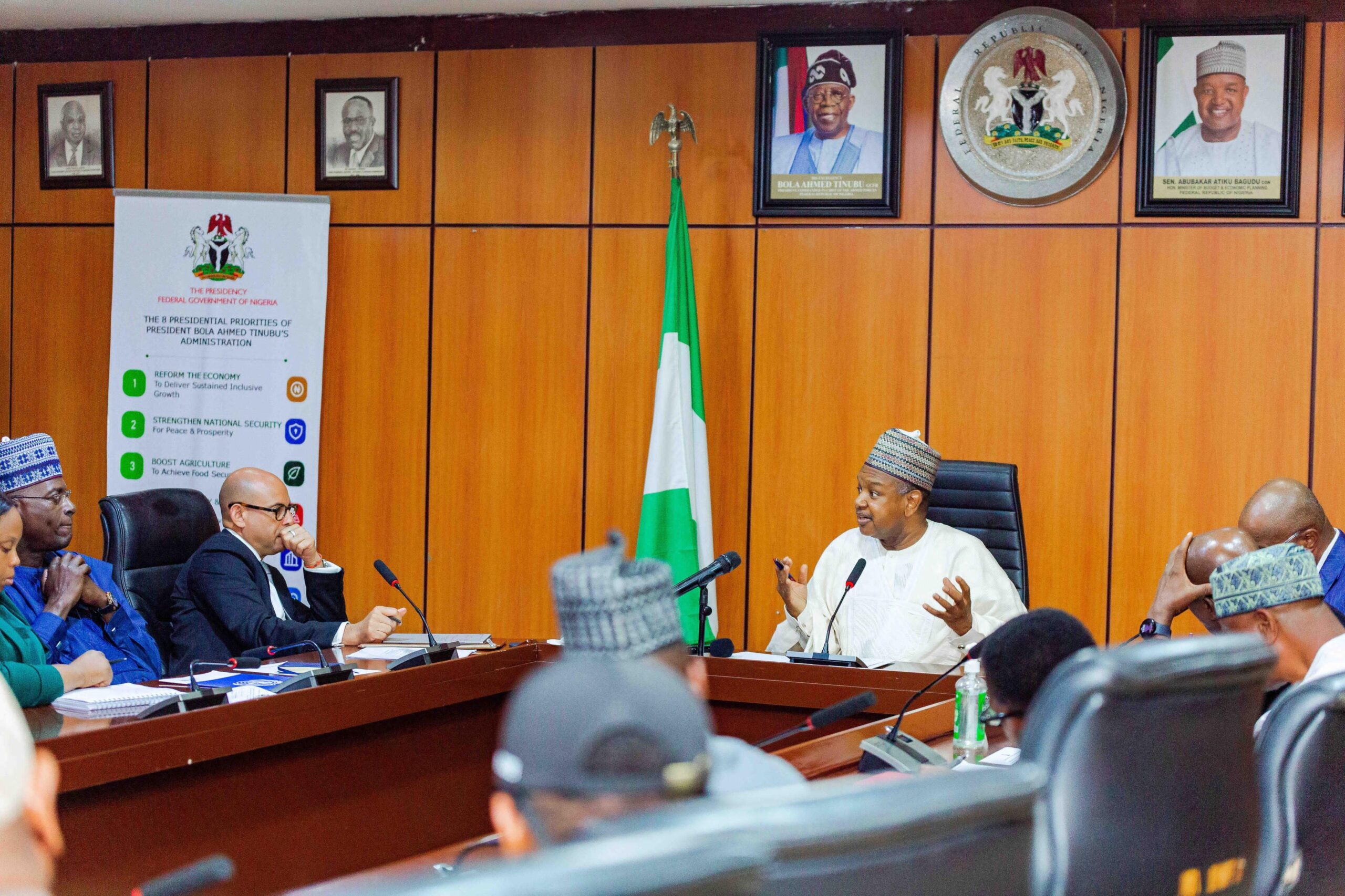ABUJA – Nigeria is seeking $410 billion in clean energy investment to achieve its goal of net-zero emissions by 2060, announced Minister of Budget and Economic Planning, Senator Abubakar Atiku Bagudu. Speaking at a Global South climate workshop, he called for international partnership to reach this ambitious target.
The Minister emphasized that this drive is central to Nigeria’s national development plans, which connect the energy transition with strategies for economic growth.
Untapped Clean Energy Opportunities
Minister Bagudu highlighted specific areas ripe for funding, noting that Nigeria has already identified $23 billion worth of clean energy investment prospects. These opportunities lie in key sectors like power generation, improving electricity transmission, and promoting clean cooking solutions.
He reaffirmed the government’s commitment to the Nigeria Energy Transition Plan (ETP). This plan directly addresses energy poverty and climate change challenges while aiming for sustainable economic progress. Success, Bagudu stressed, requires collective national effort.
Addressing Climate Challenges Head-On
Climate change presents real difficulties for Nigeria, including increased floods and environmental damage, Minister Bagudu acknowledged. This makes the shift to sustainable energy sources urgent. He pointed to government efforts focused on modernizing the economy, upgrading infrastructure, and ensuring development benefits all Nigerians. The Minister encouraged citizens, especially youth, to contribute through commitment and hard work.
Private Sector Role is Crucial
The importance of private funding was underscored by Dr. Eugene Itua, who leads the Nigerian Economic Summit Group’s (NESG) climate action task force. Dr. Itua stated that private sector investment and innovation are essential for Nigeria’s energy transition. He urged businesses to lead the way in low-emission growth and help secure climate finance, pointing to Nigeria’s large $1.9 trillion funding gap to fully realize its clean energy investment needs and the 2060 net-zero goal.
By: Abiodun Labi









[…] market reforms, Lagos is actively promoting clean energy and developing local infrastructure. Ogunleye reported significant progress: 65 vehicles were […]